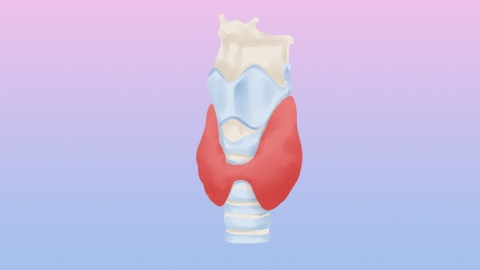Why is thyroid cancer no longer called cancer?
There is no such thing as "why thyroid cancer is no longer called cancer." Thyroid cancer is essentially a malignant tumor originating from thyroid tissue and falls within the category of cancer. It is just that, compared to cancers such as lung or liver cancer, it tends to grow more slowly, has a lower degree of malignancy, and has a better prognosis, which leads some people to misunderstand it. If you notice abnormal enlargement of a thyroid nodule, hoarseness, or a neck mass, it is recommended to seek medical attention promptly.

From the perspective of disease nature, thyroid cancer possesses the core characteristics of malignant tumors, such as abnormal cell proliferation and the ability to invade surrounding tissues. In advanced stages, it may even spread to lymph nodes or distant organs. It meets the medical definition of cancer and is consistently classified as a malignant tumor in clinical practice, requiring management according to standard cancer diagnosis and treatment protocols.
From a clinical standpoint, papillary thyroid carcinoma—the most common type—has a 5-year survival rate exceeding 90%. Most patients can achieve long-term survival after treatments such as surgery and radioactive iodine-131 therapy. This favorable prognosis greatly contrasts with the public perception of "cancer = terminal illness," leading some individuals to mistakenly believe it is "not real cancer." However, this does not negate its fundamental nature as a cancer.
In daily life, it's important to maintain regular作息 (作息 translates to "作息" but likely means "作息 habits" or "daily routines"), avoid excessive fatigue, minimize radiation exposure, consume iodine appropriately, undergo regular thyroid ultrasound screenings, and maintain a positive mindset, all of which support thyroid health management and disease recovery.




